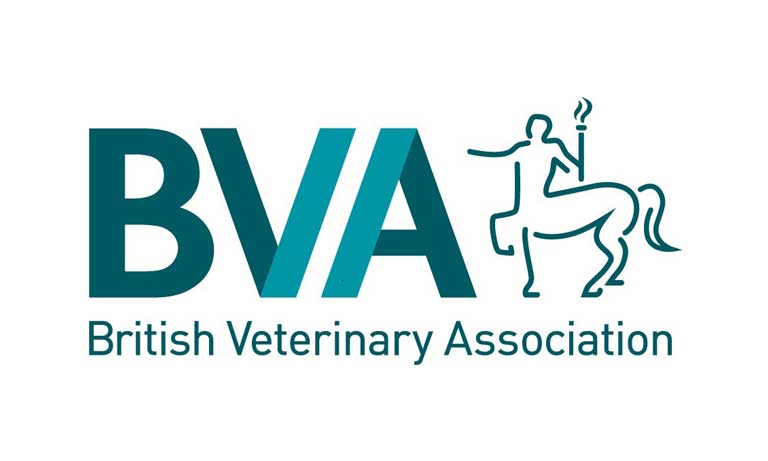Brucella canis: what vets need to know
14 Feb 2024
11 Jul 2019 | Daniella Dos Santos
BVA JVP Daniella Dos Santos discusses our new report on discrimination in the veterinary profession

When we announced our discrimination questionnaire, we were accused by some of ‘making a problem where there isn’t one’, of ‘identity politics’ and ‘wasting BVA resources’. We found there is a small, but vocal, proportion of the profession who are extremely reluctant to accept that discrimination exists, even in light of our previous workforce research demonstrating the presence of gender discrimination in the profession.
Results published in our BVA report on discrimination in the veterinary profession, released today, however, strongly confirms the presence of discrimination within the profession, and the fact results obtained from both the qualitative and quantitative surveys correspond so well clearly demonstrates that these are real concerns. 24% of vets have experienced or witnessed discrimination over the last 12 months and yet only 56% of respondents to the Voice survey are concerned about discrimination.
In 2018 BVA’s motivation, retention and satisfaction research showed that day to day experiences had a profound impact on how valued vets felt and the degree to which they felt that they fitted in. These feelings in turn directly affected their levels of motivation, job satisfaction and desire to stay in the profession. It’s safe to say that if you are discriminated against, you will not feel valued, and reading through the responses to our discrimination questionnaire was at times harrowing and distressing. Even if you still struggle to accept the human toll these results bring with them, if 16% of the workforce are being discriminated against each year, we must accept that this will affect retention, a concern to many in the profession. It is imperative, that however uncomfortable these results make us feel, the whole profession stands up, listens and acts.
Sex discrimination was the most commonly reported type, despite the increasing volume of female vets. Race discrimination was the second most commonly reported, which is hugely concerning considering we are a profession that is only 3% non-white. These are examples of characteristics that are both common and uncommon in our profession, and yet at both ends of the spectrum, these vets are experiencing discrimination at unacceptable levels. Equally as concerning is that discrimination is manifesting so early on in our careers, with younger vets being the ones most likely to be discriminated against.
Another troubling factor is the ‘double whammy’ many colleagues are experiencing. 47% of discrimination was carried out by senior colleagues, but discrimination from clients was also common at 35%. Members of our profession are finding themselves is a situation where either they cannot report incidences as the perpetrator is also their line manager, or if they find themselves a victim of client discrimination, the incident is not handled by the senior colleague appropriately. Allowing a discriminatory client to see a different vet is not dealing with the issue. If a veterinary surgeon doesn’t feel they have the support of their employer, how can they ever feel valued?
A combination of being unaware of how to report, the fear of reprisal, lacking confidence to report and the fear of not being believed means two thirds of incidents currently go unreported. More worryingly, some respondents chose to simply ignore discrimination, suggesting that they are becoming desensitised and incidents have become normalised. This means that those incidents that do make it to senior management’s consciousness are only the tip of the iceberg, and of those that do report, only 23% feel their incident is dealt with appropriately. There are likely to be various factors contributing to these statistics, ranging from those in senior positions simply not accepting there is an issue, through to others feeling ill-equipped to handle the situation, often due to a lack of structural procedures in place.
Earlier this year, BVA convened its Good Workplace Working Group, aiming to develop a vision for a good veterinary workplace. Part of its work will involve looking at diversity, equality and inclusion, amongst other issues, and these results, as well as those from the workforce studies and other sources of information will feed into the work of the group and the recommendations they make. We pride ourselves on being an open profession, but these results suggest otherwise, and we need to act. We are launching a “Big Conversation on equality and inclusion in the veterinary professions” and we would like to hear directly from you across the UK. We will be running online engagement sessions, and would encourage BVA members to feed their views in via their regional representatives on council. In the meantime if you have been affected by discrimination you can contact Vetlife for emotional support. BVA members can also receive advice by contacting our legal helpline.
There will be some colleagues reading who will still not feel this is an issue, think it’s all down to the ‘snowflakes’ and ‘millennials’, and while I acknowledge not everyone will have experienced or even understand discrimination, we must accept it is there, and work together to make veterinary working life more inclusive and equal for all. These issues are unlikely to be exclusive to the veterinary sphere, but we are all guardians of our profession, and is it upon us to make changes for the better.
Get tailored news in your inbox and online, plus access to our journals, resources and support services, join the BVA.
Join Us Today